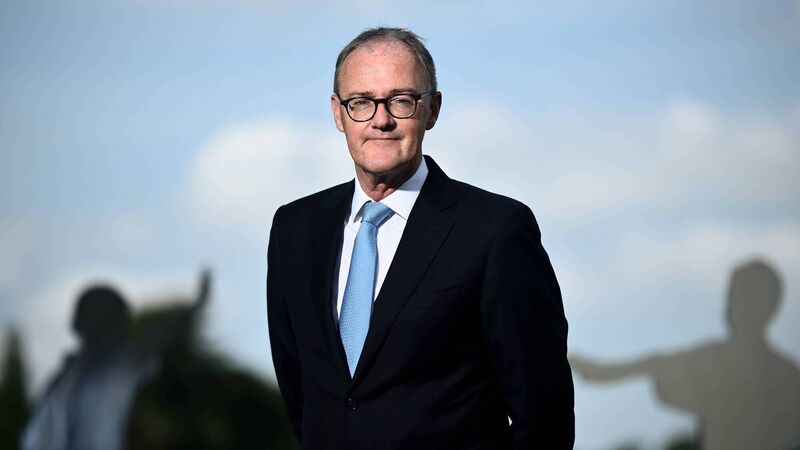John Fallon: FAI move on U14 League of Ireland comes too late

Roy Barrett is sticking to his guns on the contentious decision to delay the U14 national league season. Photo by David Fitzgerald/Sportsfile
Try from €1.50 / week
SUBSCRIBE
Roy Barrett is sticking to his guns on the contentious decision to delay the U14 national league season. Photo by David Fitzgerald/Sportsfile
“Nothing has changed in the FAI,” hollered Athlone Town’s rep Michael O’Connor as the virtual gathering of the new general assembly on Monday night threatened to veer off-script over a contentious delay to the U14 national league season.
His ire was directed at FAI chairman Roy Barrett and chief executive Jonathan Hill who, along with president Gerry McAnaney, were the three signatories to last week’s edict confirming the decision on the July start date was irreversible.
Already a subscriber? Sign in
You have reached your article limit.
Annual €130 €80
Best value
Monthly €12€6 / month
Introductory offers for new customers. Annual billed once for first year. Renews at €130. Monthly initial discount (first 3 months) billed monthly, then €12 a month. Ts&Cs apply.
Newsletter
Latest news from the world of sport, along with the best in opinion from our outstanding team of sports writers. and reporters
Newsletter
Latest news from the world of sport, along with the best in opinion from our outstanding team of sports writers. and reporters
Monday, February 9, 2026 - 6:00 AM
Monday, February 9, 2026 - 8:00 AM
Monday, February 9, 2026 - 8:00 AM

Select your favourite newsletters and get the best of Irish Examiner delivered to your inbox
© Examiner Echo Group Limited